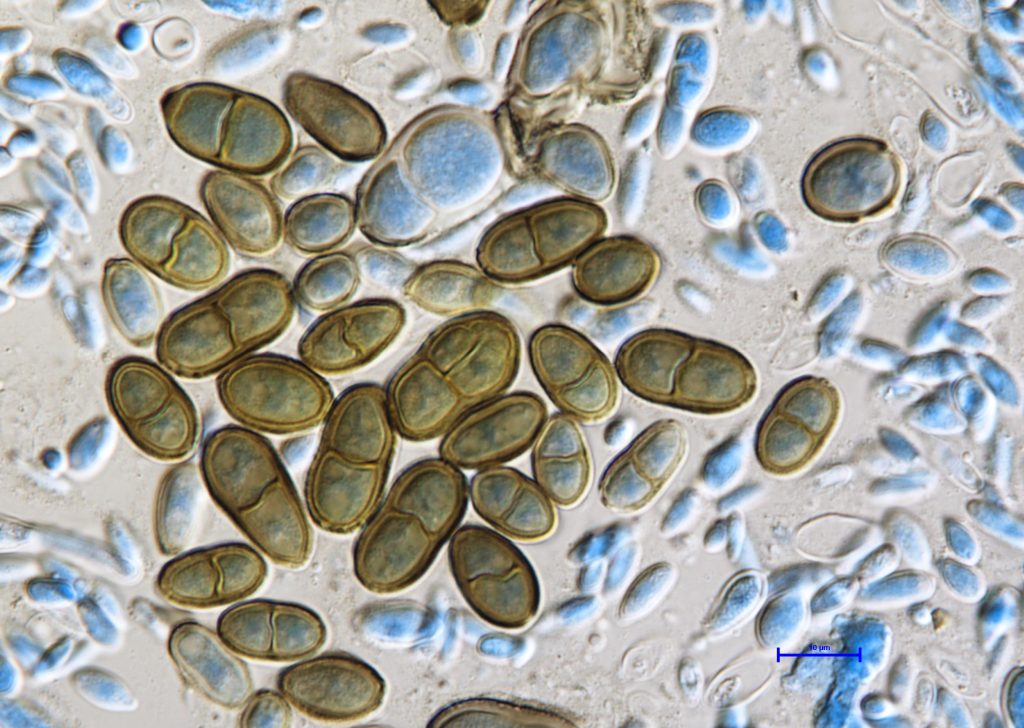
July 26, 2024


The European Commission has announced the New European Bauhaus Academy (NEBA), a pan-European consortium led by the University of Primorska and based at InnoRenew CoE. It is comprising 14 partners from Austria, Belgium, Estonia, Finland, Germany, Italy, Poland, Spain, Sweden and the Netherlands, as the sole winner of the call for proposals for the establishment of a New European Bauhaus Academy (NEB). This is the flagship initiative of the European Year of Skills, which highlights the importance of training and lifelong learning to develop the necessary skills, including for the green and digital transition.
The New European Bauhaus Academy (NEBA), announced by President Ursula von der Leyen in November 2022, is designed to promote new skills at all levels of the construction industry. It will focus on NEB values such as sustainability, aesthetics and inclusiveness and support the implementation of the European Green Deal by promoting a circular bio-based economy. v It is funded by the CBE JU (Circular Bio-based Europe Joint Undertaking). Only one winner was selected in the call and the work was entrusted to a consortium led by UP.
The NEBA Pan-European Consortium, led by the University of Primorska, is composed of 14 partners from different European countries. It brings together not only the expertise and experience of a geographically large part of Europe, which will facilitate the influence on regional and national construction, but also a diverse range of partners, at different levels of research, teaching, decision-making and opinion influencing – academic institutions, research centres, public authorities and European networks. UP has a special link in the consortium with the Estonian Academy of Art (EKA, Tallinn), as they are members of the European University Transform4Europe, thus promoting involvement and partnership in an international network.
The NEBA Alliance’s objectives for the next few years are: to create an international alliance of educational institutions and training providers, linking five local and regional hubs across Europe. These hubs will offer tailored and high-quality training services, curricula and programmes on sustainable building solutions through a digital platform. To grow and increase coverage beyond European borders, the Alliance will invite new NEBA regional hubs and satellite hubs to join and contribute to this effort with their training content.